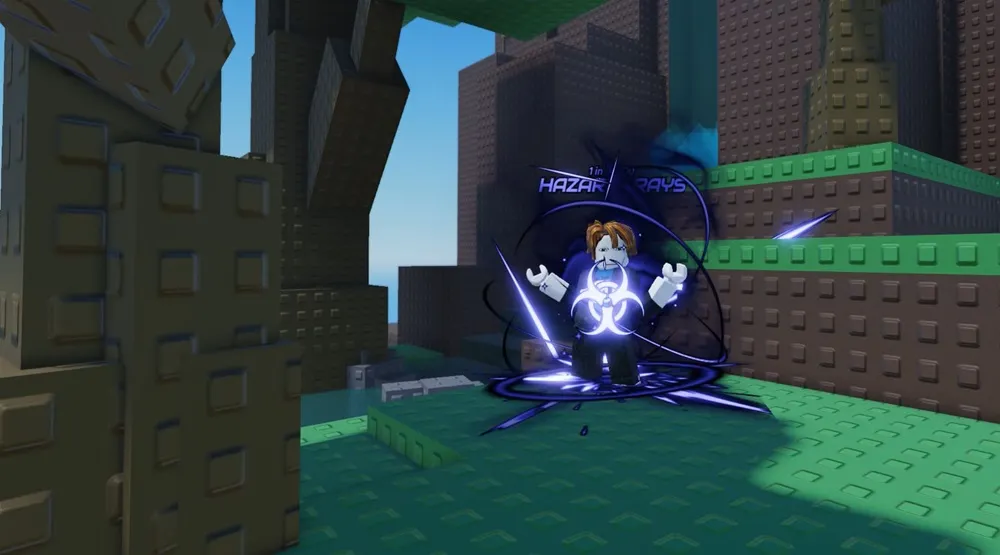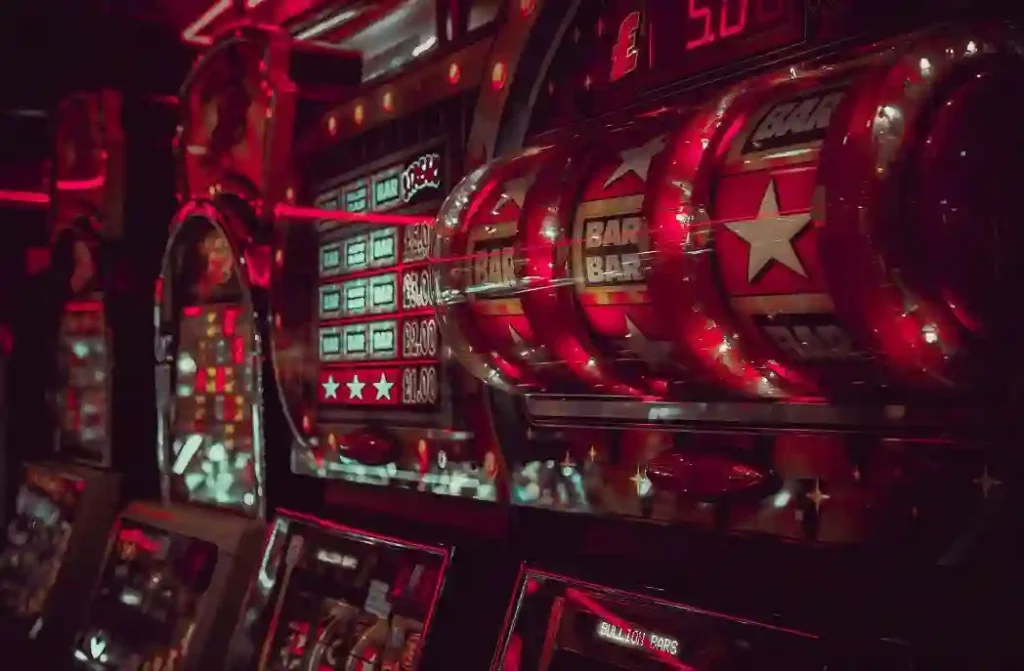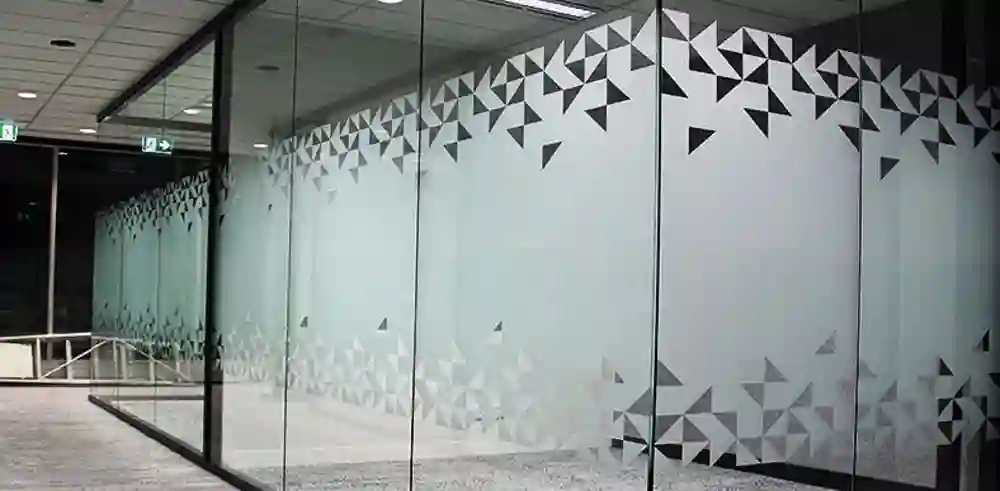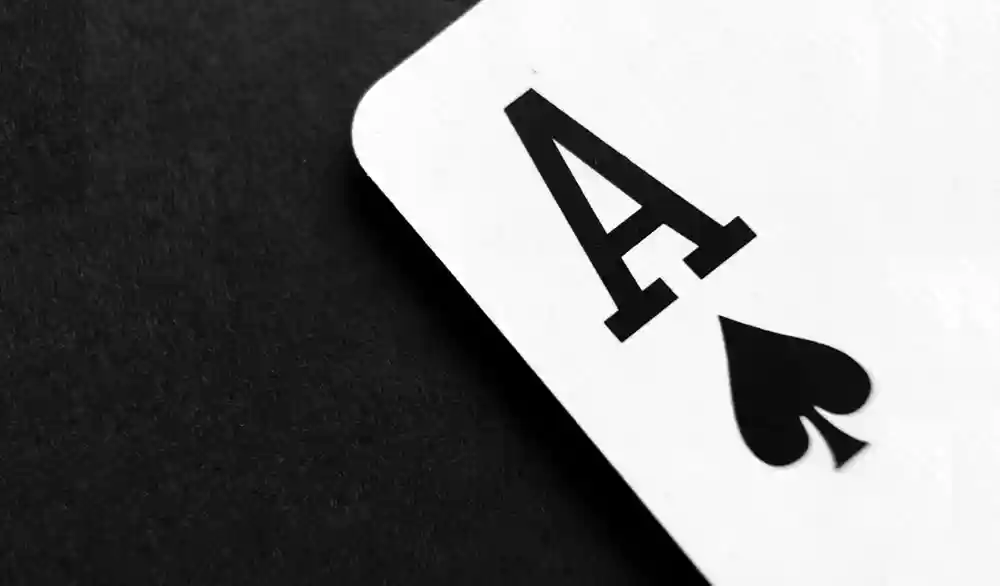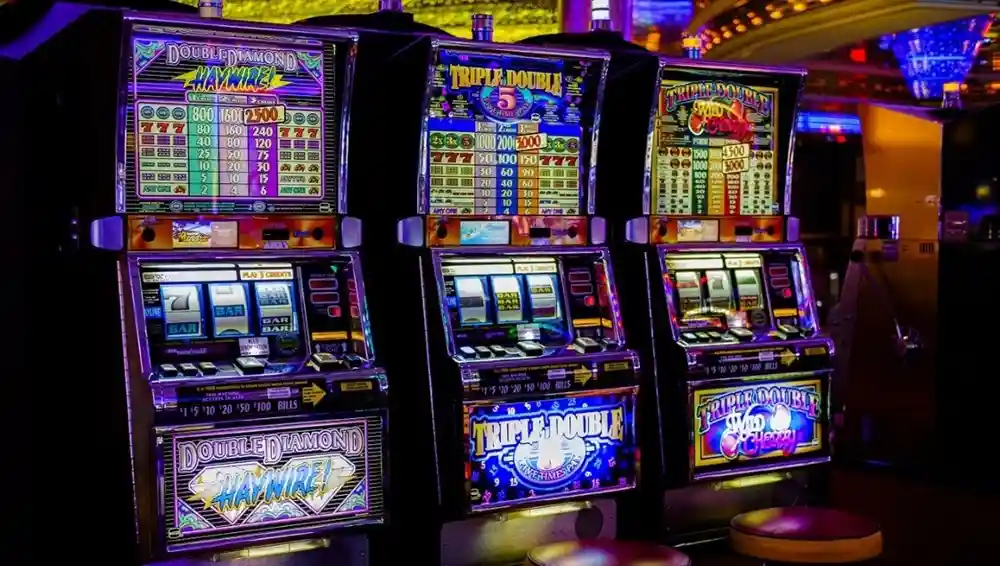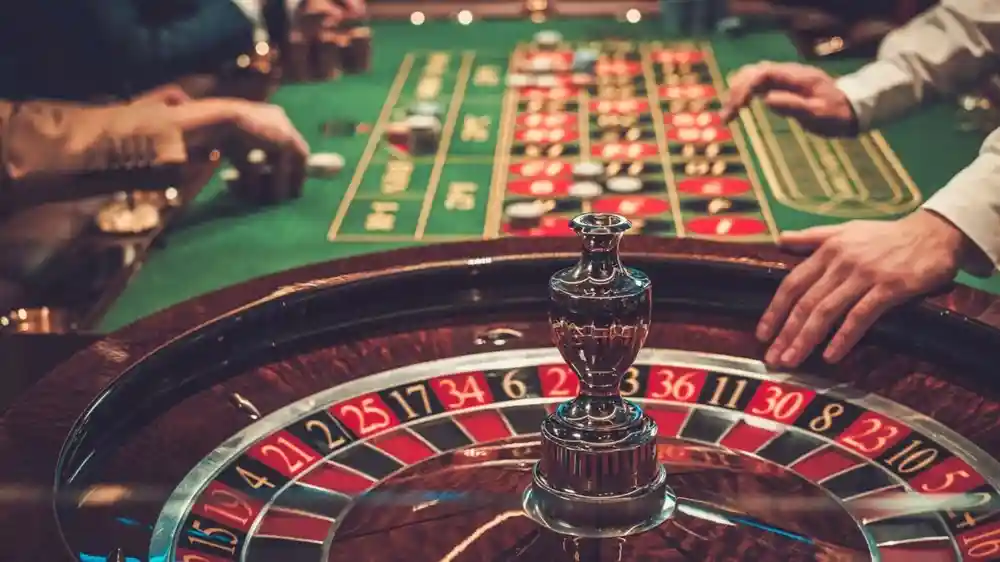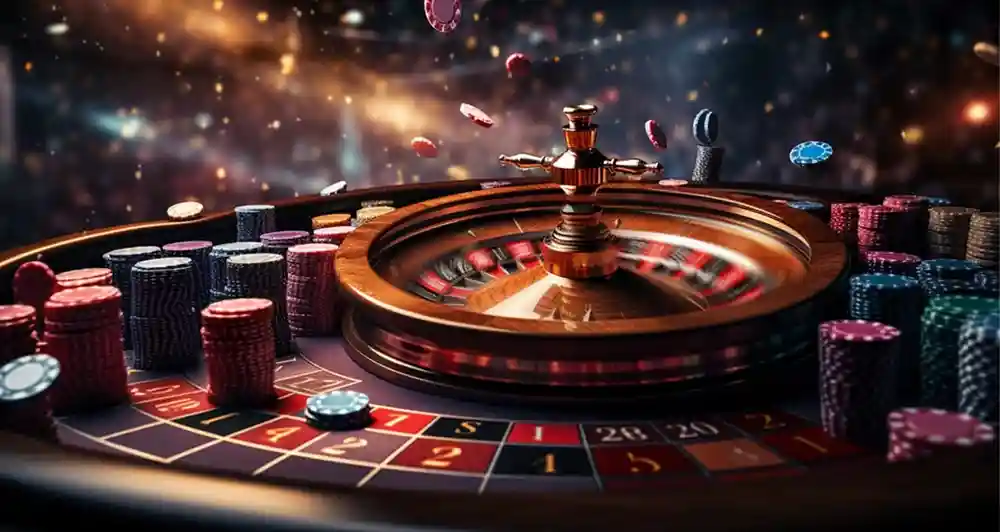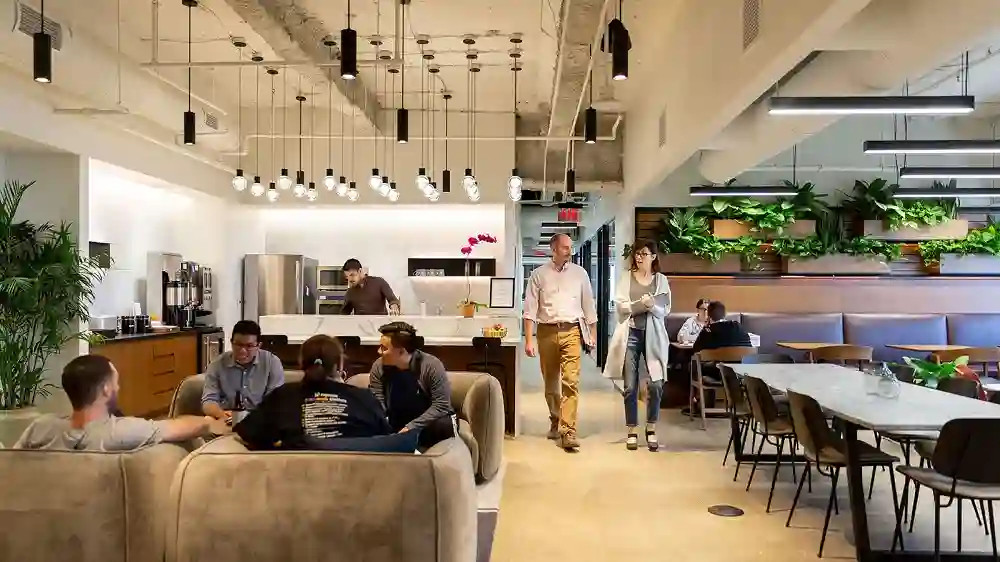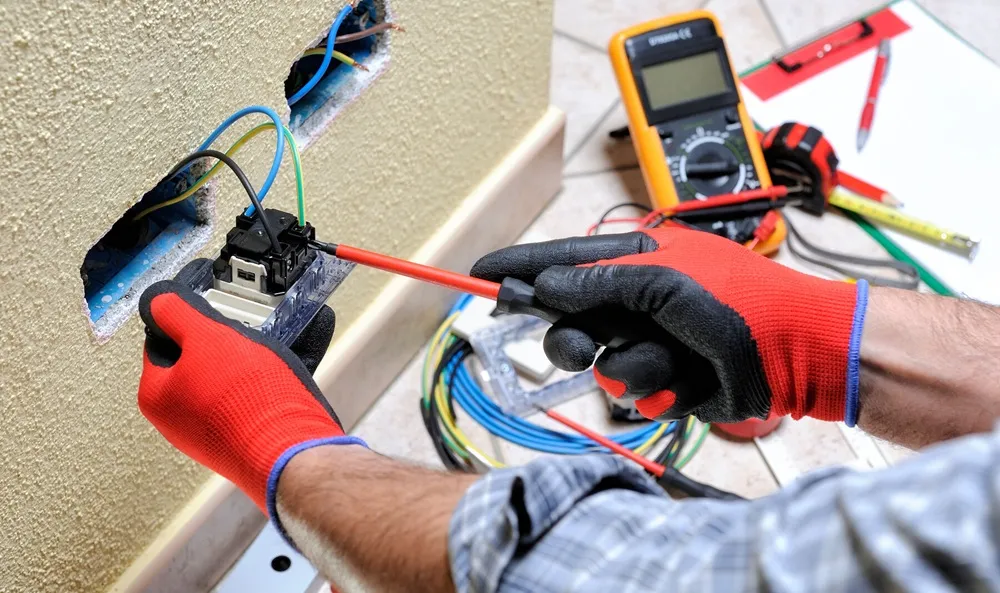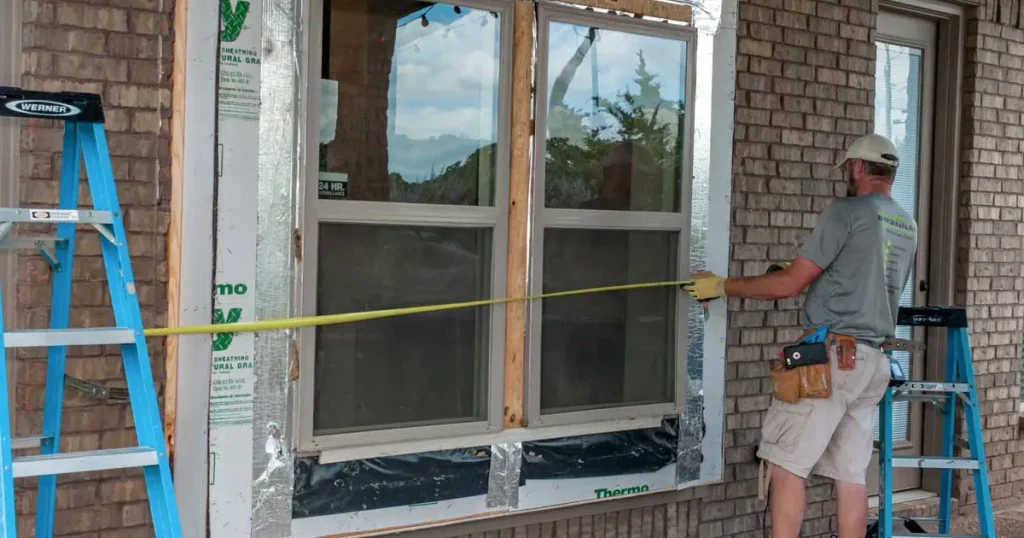How Casinos Use Psychology to Turn Luck Into Profit

Casinos aren’t just in the business of offering games, they’re in the business of keeping people playing. Every inch of the casino floor, from the sounds to the scent in the air, is designed to influence behavior. Whether that’s online or in traditional casinos: What looks like harmless entertainment is actually a carefully controlled environment that turns chance into a reliable source of revenue. It’s not just about luck — it’s about psychology, and casinos have mastered it.
How Casinos Frame the Idea of Luck
Luck isn’t just a feeling. It’s a tool. Casinos understand how people respond to randomness and use it to build systems that keep players engaged. When designed right, even losing can feel like progress. In addition to framing the idea of luck a certain way, oftentimes, bonus offers or welcome offers draw players in and make them stay. Check out the details of what these bonus offers can look like.
Illusion of Control
A lot of casino games give players the feeling that they’re in control. This makes people think their decisions actually impact the outcome, even when they don’t.
Take slot machines. Players push the button or pull a lever, thinking their timing matters. Some machines include “stop” buttons that reinforce that idea. But the outcome is already locked in before anything spins. These features exist to make players feel like they’re influencing the result, even when it’s all random.
Craps is another example. Rolling the dice feels personal like your throw affects the odds. But again, the outcome is random. The feeling of control is what matters. It encourages repeat play and builds a false sense of mastery over chance.
Superstition and Habit
Players often tie wins to rituals or objects. A “lucky seat,” a certain outfit, or sitting at a table with a specific number of players: All of these habits give gamblers a sense of control.
This isn’t just random behavior. It’s the brain trying to create meaning in an unpredictable system. If someone wins while wearing a red shirt, they might start wearing it every time. Over time, these rituals become part of the routine, even if they have no actual impact on outcomes.
Casinos don’t stop these habits, they lean into them. They know players are more likely to return when they feel like they’ve found a system that “works,” even if it’s entirely based on chance.
The Reinforcement of Wins (Even Small Ones)
Casinos rely on a powerful psychological concept: intermittent reinforcement. That means players don’t win all the time, but they win just enough to stay engaged.
Slot machines are the clearest example. You might lose 20 spins in a row, then hit a small payout. That win doesn’t cover your losses, but it feels rewarding. And more importantly, it triggers dopamine. That chemical response keeps you going.
Even near misses have a strong effect. Seeing two jackpot symbols and a third that just misses the line makes players feel like they almost won. The brain processes that as progress, even though it’s still a loss. This keeps players locked into a cycle where luck always feels just one step away.
Designing the Environment Around Behavior
Casino design isn’t random. It’s built to influence how players think and move. From floor plans to lighting, every detail is engineered to keep you focused on the games.
Lighting, Music, and Scent
The goal of a casino’s ambiance is to create a comfortable and immersive space. Soft, warm lighting makes the environment feel relaxed. Flashing lights and highlights around slot machines or tables guide your attention.
Music is set at a steady, upbeat tempo — fast enough to energize, but quiet enough to stay in the background. Combined with subtle lighting, it keeps people in a rhythm without breaking focus.
Some casinos even use scent. Light fragrances — floral, citrus, or vanilla — are pumped into the air to boost comfort and lower resistance. Studies have shown that certain smells can increase risk-taking behavior and spending. Players aren’t just reacting to games — they’re reacting to the full sensory environment.
Removing the Sense of Time
Casinos are designed to make you lose track of time, however, the long-standing theory of casinos willfully removing windows and natural light has been mostly debunked. Frankly, most casino operators have better ways of keeping players engaged.
However, exits and rest areas are usually placed out of the way. If you want to leave or take a break, you’ll pass more games on the way — which increases the chance of placing “one more bet” before you walk out.
Maze-Like Floor Layouts
Casino floors are designed to keep players moving, but not directly. Paths are curved. Open sight lines are rare. You’re never just walking from point A to point B. Instead, you’re wandering.
Slot machines are placed at entrances to draw players in fast. Higher-value games, like poker or blackjack, are deeper in the layout. Getting to them means walking past dozens of chances to get sidetracked.
Food courts, bathrooms, and even hotel lobbies are placed behind layers of machines and game tables. This makes every walk a potential detour. Players constantly pass opportunities to play again — even when they didn’t plan to.
The Profit in the Psychology
Casinos don’t rely on luck to make money. Instead, they rely on behavior — many psychologists claim that most of our behaviours are in fact subconscious. They create spaces that feel exciting, safe, and just random enough to stay interesting. Wins are spaced out just right. Losses are softened with near misses. Everything from the floor plan to the music is designed to make players stay longer and spend more.
The longer someone stays, the more they play. And the more they play, the more predictable the casino’s profits become. In the end, it’s not about beating the house. It’s about staying in the game, and the house makes sure you do.
Final Thoughts
Luck is just the surface. Underneath it is a well-built system that uses psychology to shape how players think, move, and spend. Knowing how these systems work doesn’t ruin the game, but it helps you see the strategy behind it.
Casinos don’t need to trick players. They just need to make it easy to keep going. Once you understand the environment, you can make more deliberate decisions. Whether you’re gambling or just watching how the place works, you’ll see what’s really behind the lights and sounds.


